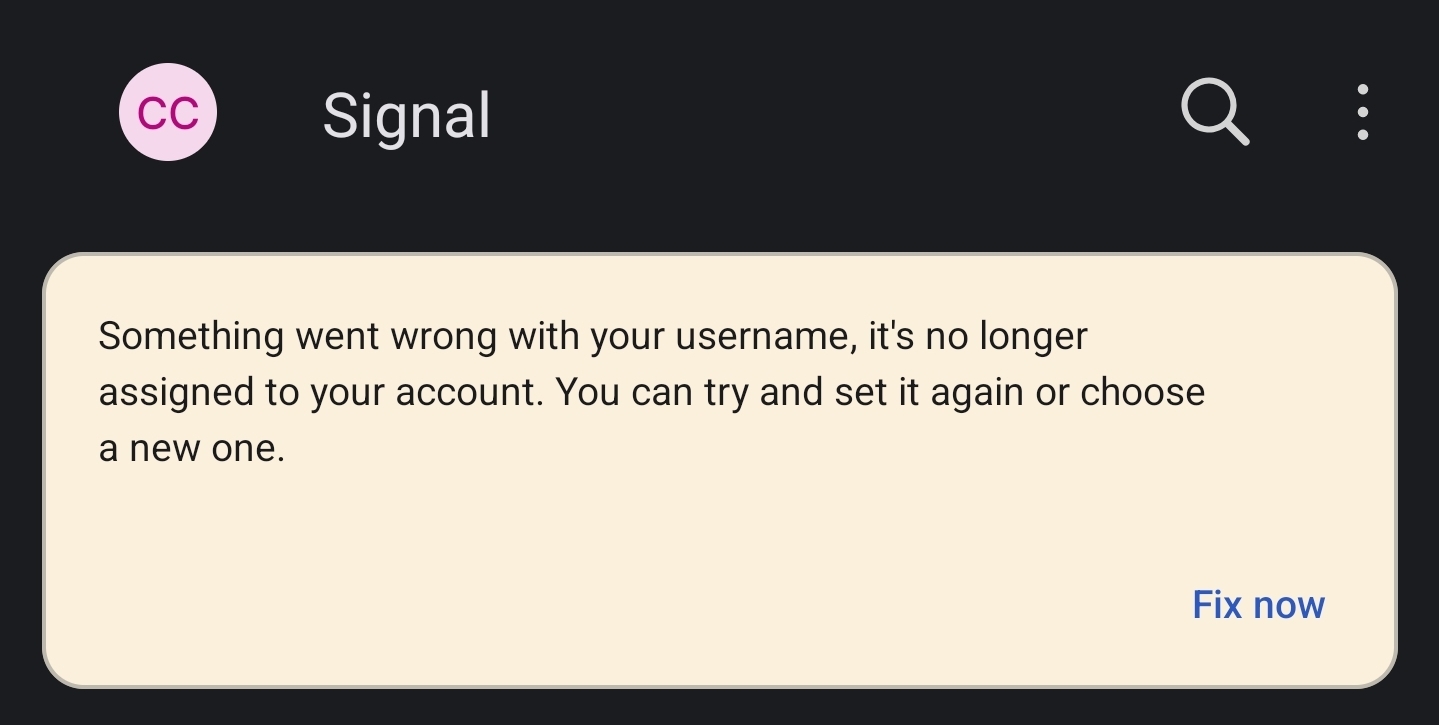Do you know of any countries that have different laws? I'm curious as to how it would work?
CameronDev
The items could also have been purchased with a stolen credit cards.
I had a variation of on of these scams happen to me.
I purchased a pair of headphones on eBay - $50 The box that arrived, was shipped directly from Officeworks, with an invoice for $70, and a business account setup in my name, and a strange credit card. Reported it to officeworks, got to keep the headphones, but likely someone got a $70 charge on their card, and the eBay seller probably got my $50 for free.
It may be a fake item, but also remember that the cost to make jewelry is usually far less than what they are sold for, so it probably wasn't hundreds of dollars.
I'll update when I find the video, but there was a woman who gave a ~~blackhat~~ defcon talk about it, and she got a coffee machine, so its not without precedence to spend hundreds.
Edit: link https://youtu.be/2IT2oAzTcvU
Alphonso is listening for TV sound signatures, which while definitely intrusive and privacy invading, is not the same as 24/7 listening for voice-to-text-to-ad purposes.
They would only need to listen for a second or so to determine what channel you are on, instead of all the time, so there is a massive difference in scope.
They are effectively shazaming your TV.
Still creepy and invasive, but not 24/7 recording invasive.
The myaddress+shop@gmail.com should be trivial to defeat by a spammer. Its a very simple string remove/replace to get back to a stock email address, or change it to impersonate another service, eg. myaddress+netflix@gmail.com.
It's only useful for the actual service, after that, you can't rely on it.
One way or another, the server that hosts a resource can track who is requesting what. You as the server owner can just as easily track who is accessing what, but if you avoid using a CDN, then it limits the tracker to just yourself. The cost is that you'll have increased traffic, and there is always the suspicion that you may have tampered with the lightbox.js file to do something malicious.
On the self include side, the instructions you linked seem pretty straightforward, so it should be possible to use it that way. What is issue your facing?

If I am understanding right, when you say "can't be bothered", you mean "can't be compelled/forced"?
Seems pretty reasonable, albeit slightly reliant on honesty. At least for scammers, they aren't likely to want it back, as that would deanonymise them, so if its definitely a scam, your pretty safe to keep it.
Thanks for the info :)